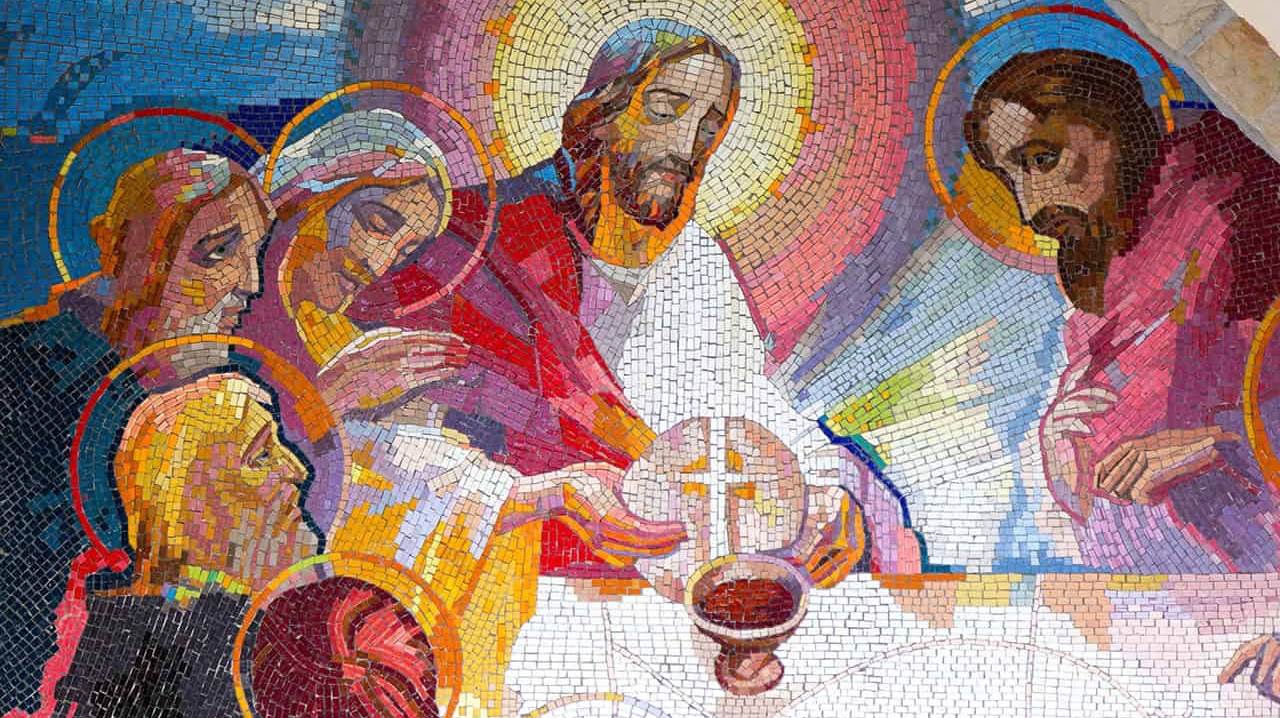
On Ash Wednesday, we began our Lenten journey with the imposition of ashes and the admonition: “Repent and believe in the Gospel.” The Gospels remind us that temptation abounds. We are always being enticed to do the wrong thing. The tendency toward concupiscence began with the refusal of Adam and Eve to obey God’s command. Initially, humanity was created good and holy, but because God also gave us free will and intellect, we are able to make choices which are not always the best.
Even when we are on our best behavior and strive to do the good, our human nature (and the cunning of the Evil One) invites us to do the opposite. Even Jesus was not immune from temptation. Yet, he was able to ward it off. Sometimes we are successful in avoiding sin; more often than not, however, we do lapse into sin by giving into our temptations and desires.
To be perfectly clear, temptation is not a sin; giving into temptation is especially when it comes to moral issues. Jesus was enticed by the Devil at a visceral level. Satan appealed to Jesus’ human basic instincts: food, invincibility, and power/ wealth. Each of us struggles with the same kinds of desires: We want to have enough food and a variety of food and drink. We think of ourselves as powerful and invincible, especially when we are young. We may even test God by putting ourselves in precarious situations. Finally, many of us desire unlimited prestige, power, wealth and popularity. We crave attention and the prospect of having unlimited resources at our disposal.
Sometimes we give into our wants and desires which may result in sin. Perhaps we may overindulge in food or drink, forgetting the needs of those who are less fortunate. We engage in gluttonous behavior and then feel guilty afterwards. In some cases we may test God’s protection by engaging in reckless behavior such as driving too fast or acting out of presumption (we think to ourselves, “God always forgives, so I can do such and such”). Other times, many people are so envious of the power and wealth of others that they will do anything to achieve the same status.
Lent is an opportunity for us to examine what tempts us the most and strategize ways to withstand and overcome those temptations so we do not fall into sinful behavior. During these days of Lent, we have an opportunity to reshape our spiritual lives by engaging in fasting, almsgiving, and prayer. Take the time to educate yourselves on possible activities to foster spiritual growth by visiting USCCB.org. There, you will find many prayer and worship liturgical resources for Lent.
May each of us grow in our faith during this holy season of penitence and prayer.



























